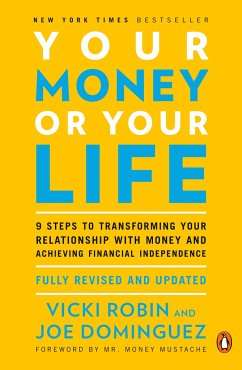

All the while he squirreled away ever greater percentages of his salary and in 1969, just before his 31 st birthday, he declared himself financially independent with enough income to meet his needs, now and in the future – and set sail in a “land yacht” (motorhome he built himself) for a life of adventure.įor the next decade, he devoted himself to his inner life and to help others – which led to a “back-to-the-land” stint of clearing land, growing vegetables, raising animals, hunting and building a common structure. From this he developed some of the earliest technical analysis tools, moving to a major investment banking firm and writing a weekly market letter with uncannily accurate predictions.

He also observed that by translating engineering principles about the flow of energy through systems to the stock market he could do a better job for his employer in predicting the market. From this he returned to his tween goal of financial independence – saving, investing and liberating his time from paid employment and focus on what mattered more. Another was that those with money who were happiest were those who didn’t focus on money, but rather focused on their values and a sense of service to family, community, and their faith. One conclusion was that wealthy people were no happier than poor people, they only had more money. Joe applied his engineering training (from CCNY, no degree) and penetrating reason to learning about the world of finance, not just what made stocks tick but what made people tick in relation to money. You never know where people on the road have really come from.

Where did a kid in a gang, whose father lived in a TB ward and whose mother never learned English, come up with that idea? Perhaps because he was the sole earner in his family by the time he was 7, perhaps because he saw what poverty did to everyone he knew, perhaps because he was a Mensa-level genius.Ī decade later he was invited by a buddy he’d met traveling to work at a Wall Street firm run by the guy’s father. A teacher assigned an essay on what each student wanted to be when they were 30. Twenty years earlier, in the 1950s, Joe Dominguez was attending middle school in Spanish Harlem in New York City.

This is the history of Your Money or Your Life, a NY Times bestseller, that the LA Times called the “new morality of money” and Oprah called a book “that will change your life” and many people have called the best financial book they’ve ever read.


 0 kommentar(er)
0 kommentar(er)
